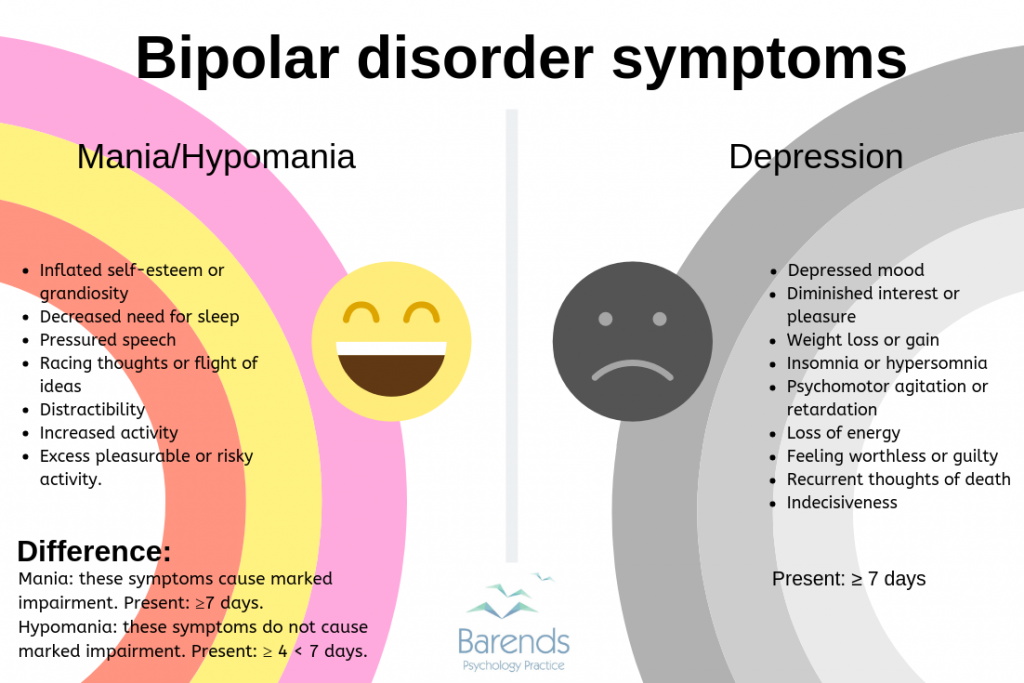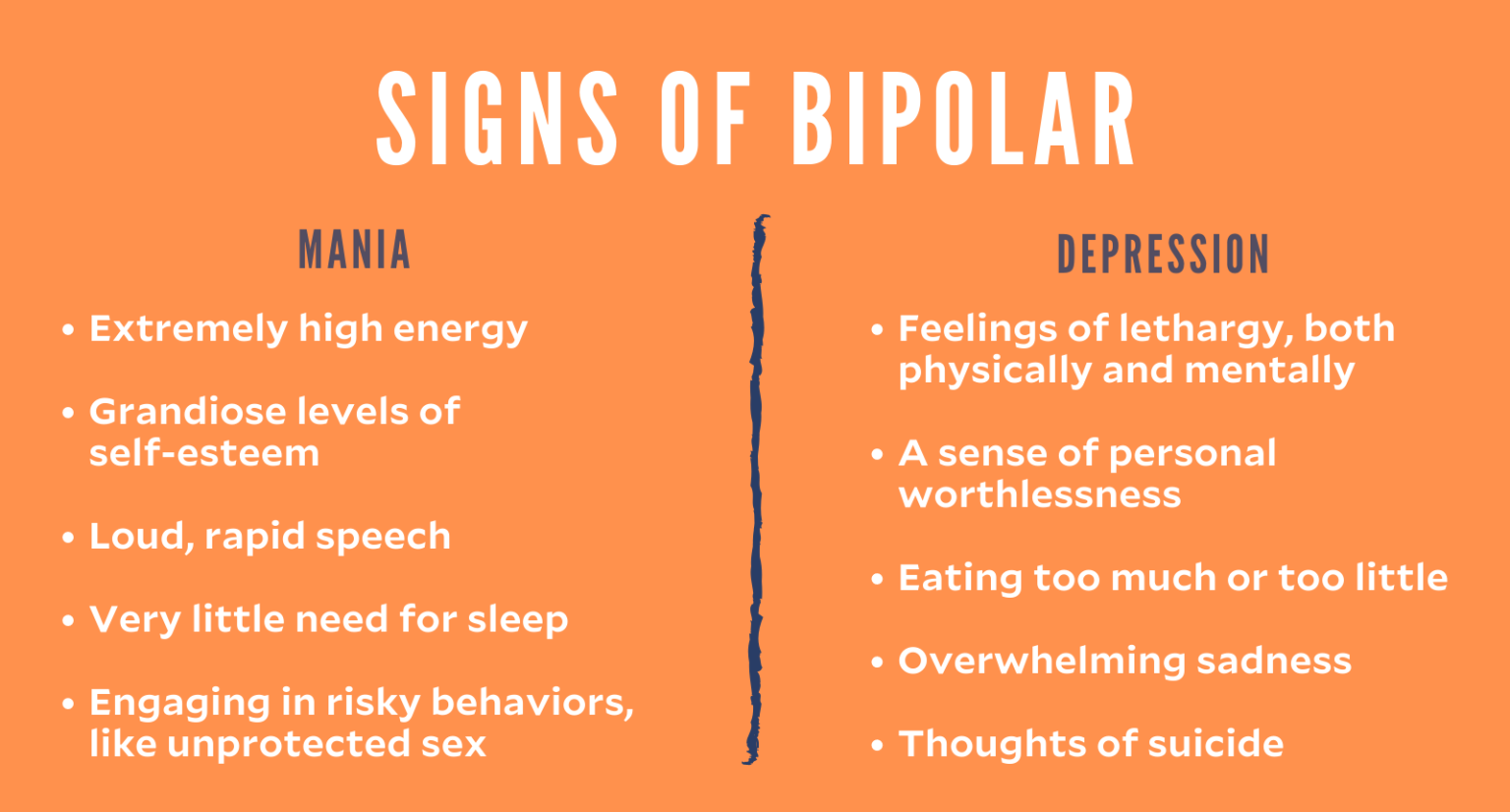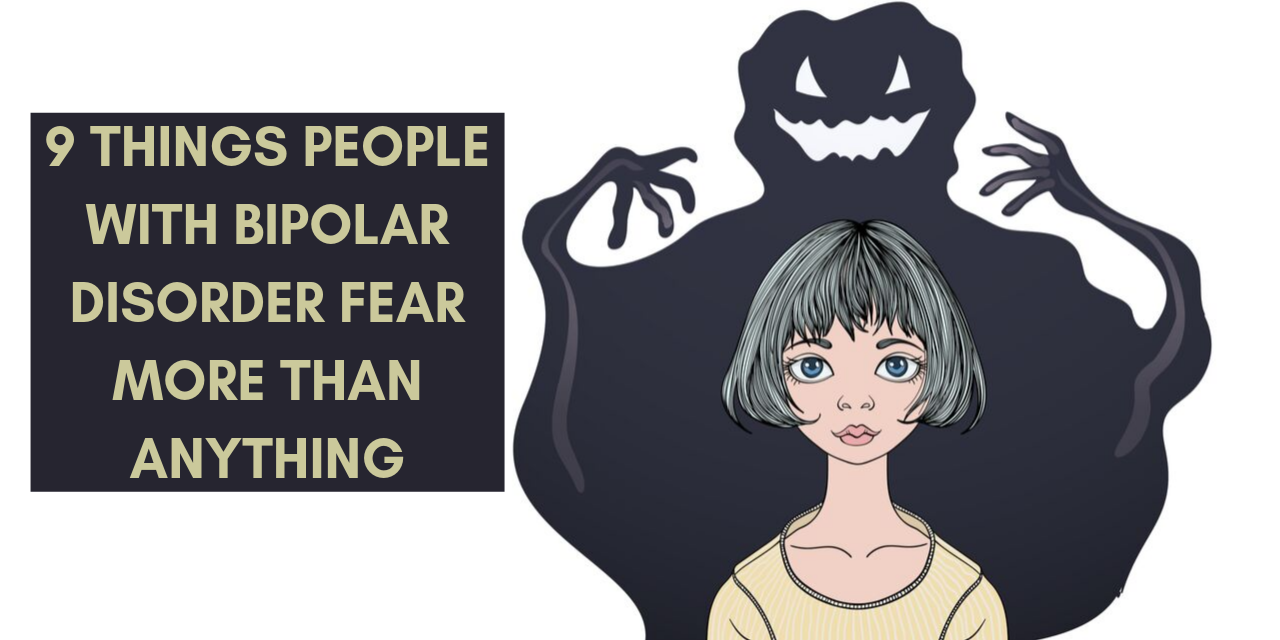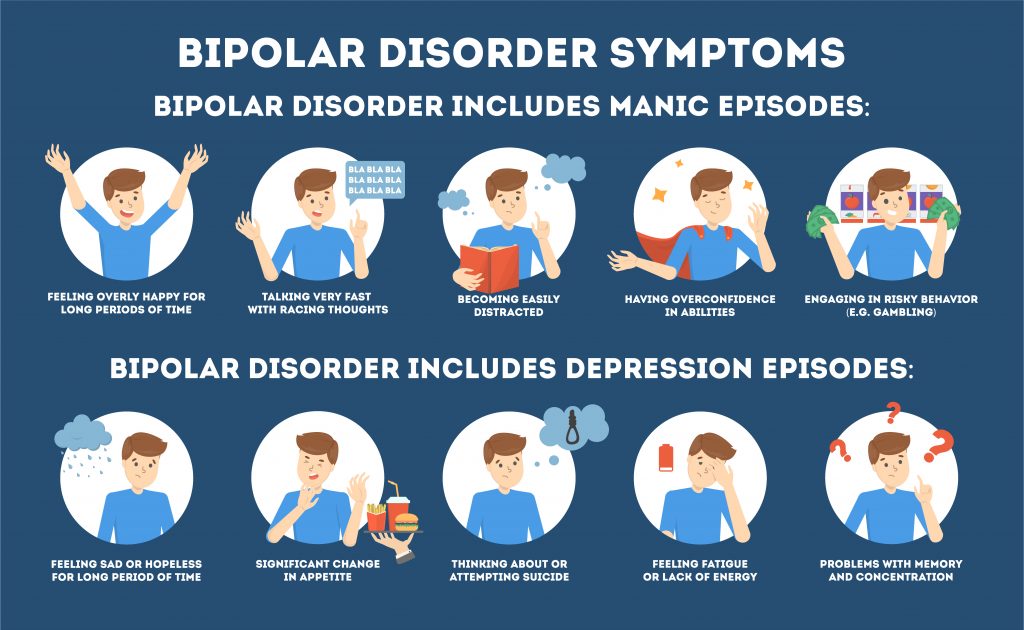Stunning Tips About How To Deal With Someone Who Has Bipolar Disorder

But if the relationship is unhealthy and either person sees red flags, it may.
How to deal with someone who has bipolar disorder. Antipsychotic medications are common for the treatment of bipolar disorder and can help reduce the frequency and severity of mood episodes. Develop an active daily routine tip 6: A variety of options are available that can.
Although bipolar depression is often treated with antidepressant medication, a mood stabilizer must be taken as well—taking an antidepressant without a mood stabilizer can trigger a manic episode or rapid cycling in a person with bipolar disorder. Method 1 helping someone with bipolar disorder download article 1 watch for symptoms. If you live with someone who has bipolar disorder or you’re thinking about moving in with them, learning about their condition may help you understand and cope with its effects.
Mind.org details an account of a mom with bipolar disorder who internalizes how the condition. While the symptoms of bipolar disorder can be managed with medication and psychotherapy, they can still take a toll on relationships, especially romantic ones. Here are 10 steps you can take to help someone with bipolar disorder:
Read on to learn ways to manage a. Or contact a suicide hotline. If you’re also not sleeping well, you’ll be less prepared to deal with the challenges that bipolar disorder presents.
Get involved in your treatment tip 2: Part 1 supporting your family member download article 1 understand that some of your family member’s behaviors are linked to the disorder. The erratic behaviors and extreme shifts in mood can be hard for the person with the condition, as well as the people in their life.
Those with bipolar 2 may not fully respond to medications often used to treat bipolar disorder. Below are six ways you can help a loved one who lives with bipolar disorder. Don’t dismiss all of their emotions and feelings as signs of their illness.
Monitor your symptoms and moods tip 3: Bipolar disorder and the family. Given that mania or hypomania are shared experiences for all those living with bipolar disorder, we reached out to our facebook audience and asked them for tips on how loved ones, friends, and others can help them during these manic times.
Bipolar uk also has support groups for family, friends, and carers. If the person has already been diagnosed with bipolar disorder, then you may know all about the symptoms of this condition already. Keep stress to a minimum tip 7:
Educate yourself the more you know about bipolar disorder, the more you’ll be able to help. This could be a friend, family member, your gp, or a helpline. When to get emergency help.
Pay attention to what your loved one has to say. On top of the challenge of dealing with your loved one's symptoms and their consequences, family members often struggle with feelings of guilt, fear, anger, and helplessness. If you have thoughts of hurting yourself, call 911 or your local emergency number immediately, go to an emergency room, or confide in a trusted relative or friend.





:max_bytes(150000):strip_icc()/when-your-your-loved-one-has-bipolar-disorder-5115269_final-ac91810fa53b49249830fd3ab718e406.jpg)








:max_bytes(150000):strip_icc()/what-not-to-say-to-somebody-with-bipolar-disorder-380598-final-5b0252c79432480c80bc58860d82f24e.png)



